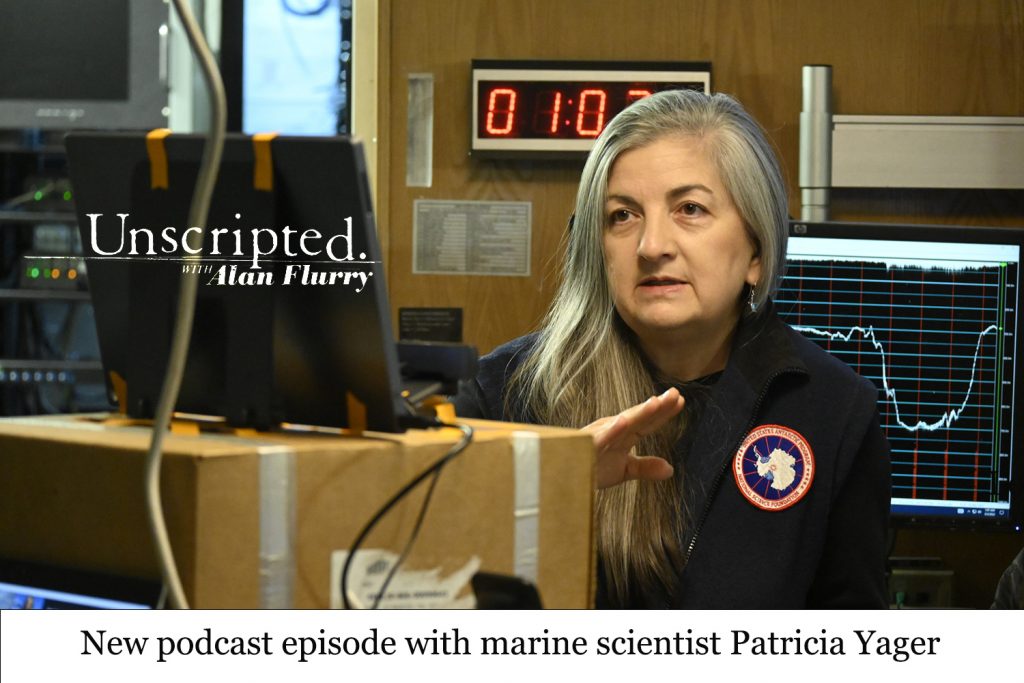This story about a single nutrient that turned early humans into civilized man, but which has been – thanks to to the industrialization of agriculture – systematically stripped from our diets over the last half century, has too many other parallels to let pass without noting.
Omega-3 molecules are a by-product of the happy meeting of sunlight, water, and carbon dioxide in the chloroplasts of terrestrial plants and marine algae. Not long ago, these fatty acids were an inescapable component of our diet. Back in the early 1900s—long before the arrival of bovine growth hormone and patented transgenic seeds–American family farms were perfect factories for producing omega-3s. Bucolic, sun-drenched pastures supported a complex array of grasses, and cattle used their sensitive tongues to pick and choose the ripest patches of clover, millet, and sweet grass; their rumens then turned the cellulose that humans can’t digest into foods that we can: milk, butter, cheese, and, eventually, beef, all of them rich in omega-3s. Cattle used to spend four to five carefree years grazing on grass, but now they are fattened on grain in feedlots and reach slaughter weight in about a year, all the while pumped full of antibiotics to fight off the diseases caused by the close quarters of factory farms.
When critics talk about so-called Frankenfoods and the insidiousness of genetically-modified organisms in our food supply, they’re not necessarily being Luddites or anti-biotechnology, even if that’s how large agricultural concerns define certain prohibitions on what they want to do. Any particular prohibition amounts to an utter and complete infringement of their rights to do whatever they want in the service of maximizing yields and profits. It’s much the same concept by which the insurance industry construes any steps to improve the healthcare system as socialized medicine – change one element to the way we do business and you’ll ruin the whole thing. I think that’s why the term ‘laissez faire’ has stuck in our business culture – it’s a euphemism for doing whatever you want – only you don’t have to say that and can hide behind a french idiom.
Because we’re always going to be finding out things like this, that were perpetrated unintentionally to dire effect at the behest of some enterprise(s) to maximize profits and which require mammoth efforts to even attempt to undo.
Maybe Il y devrait etre une nouvelle devise de puissance publique?

